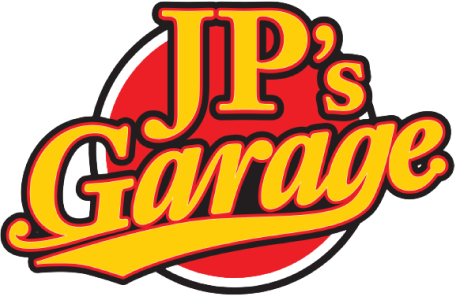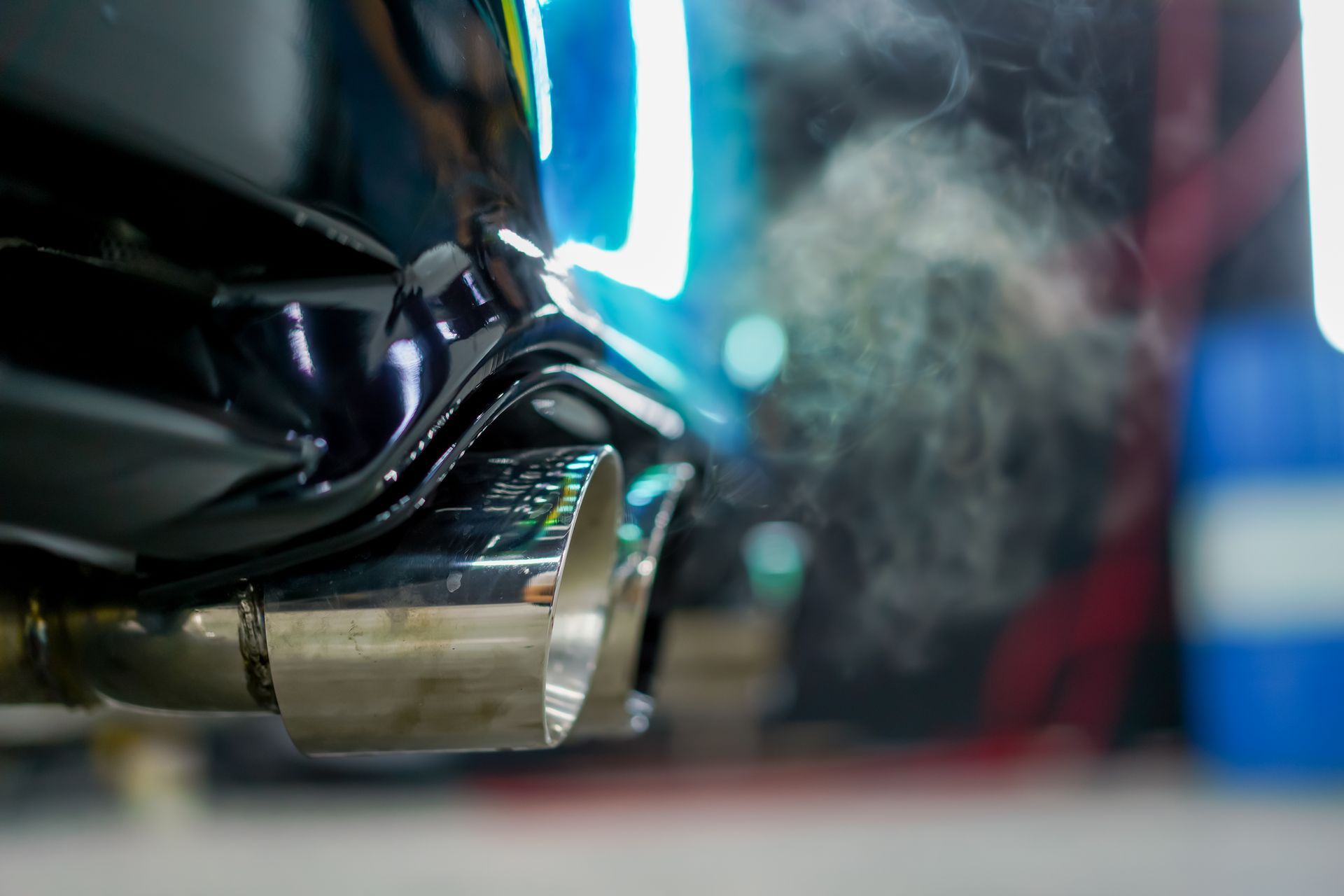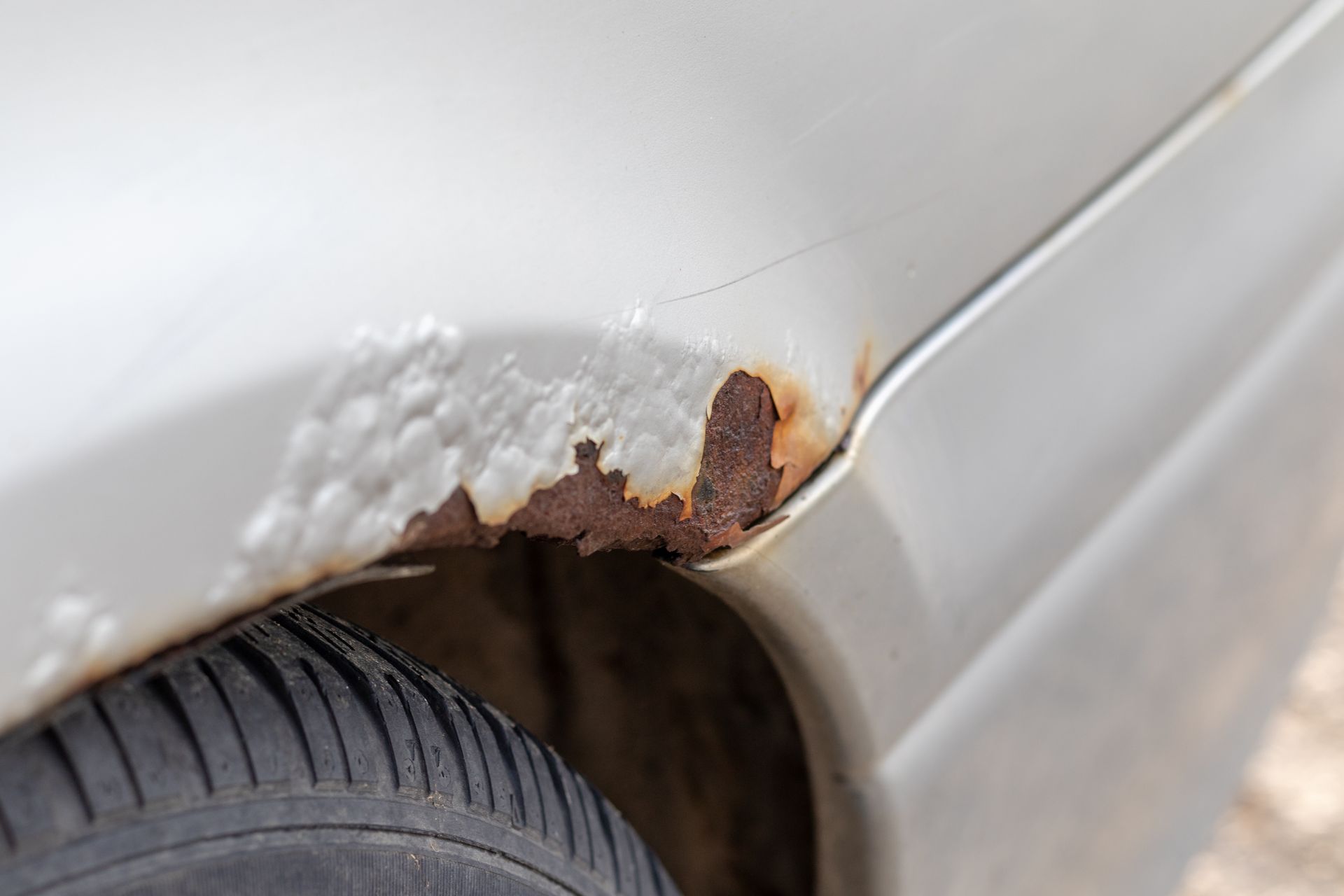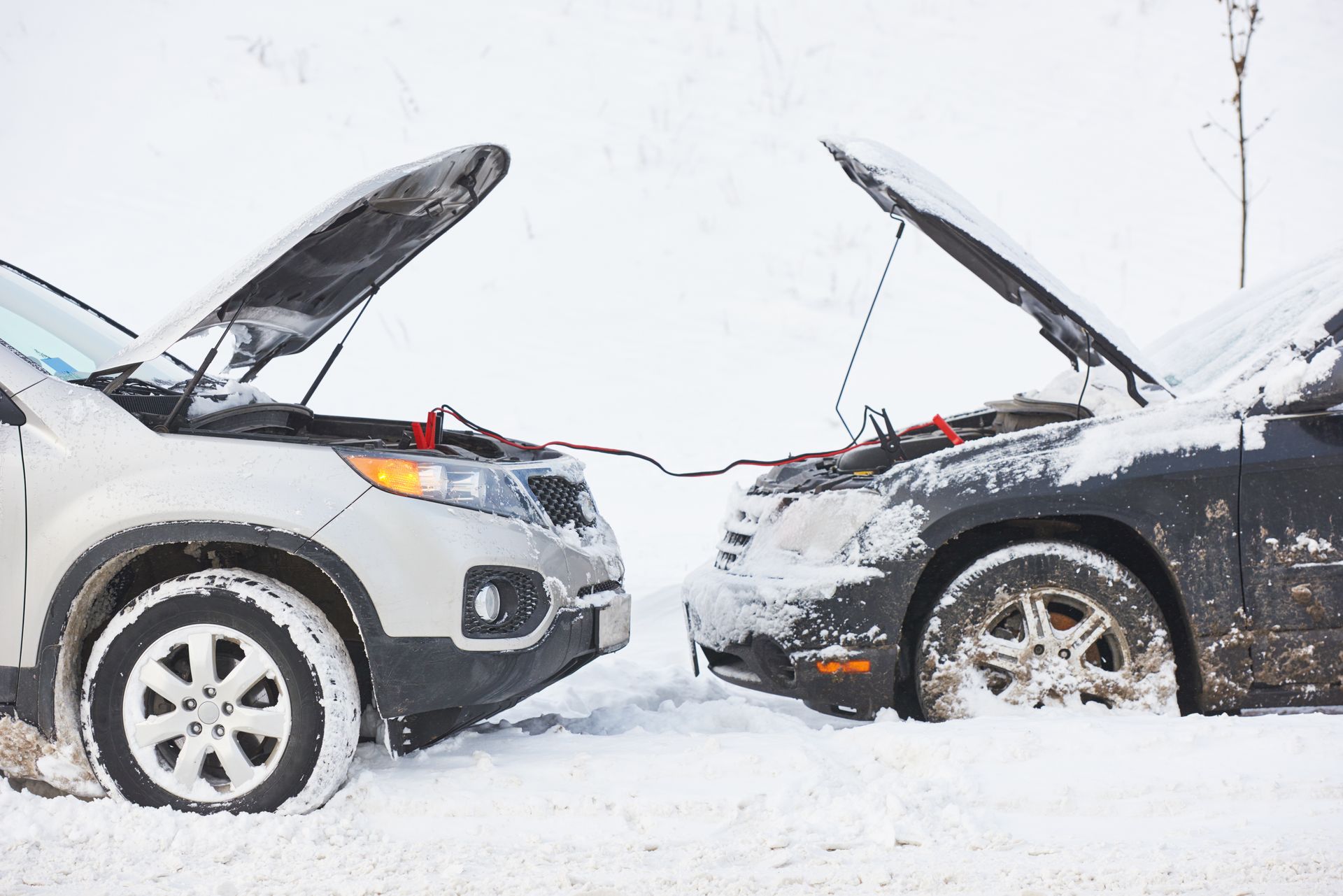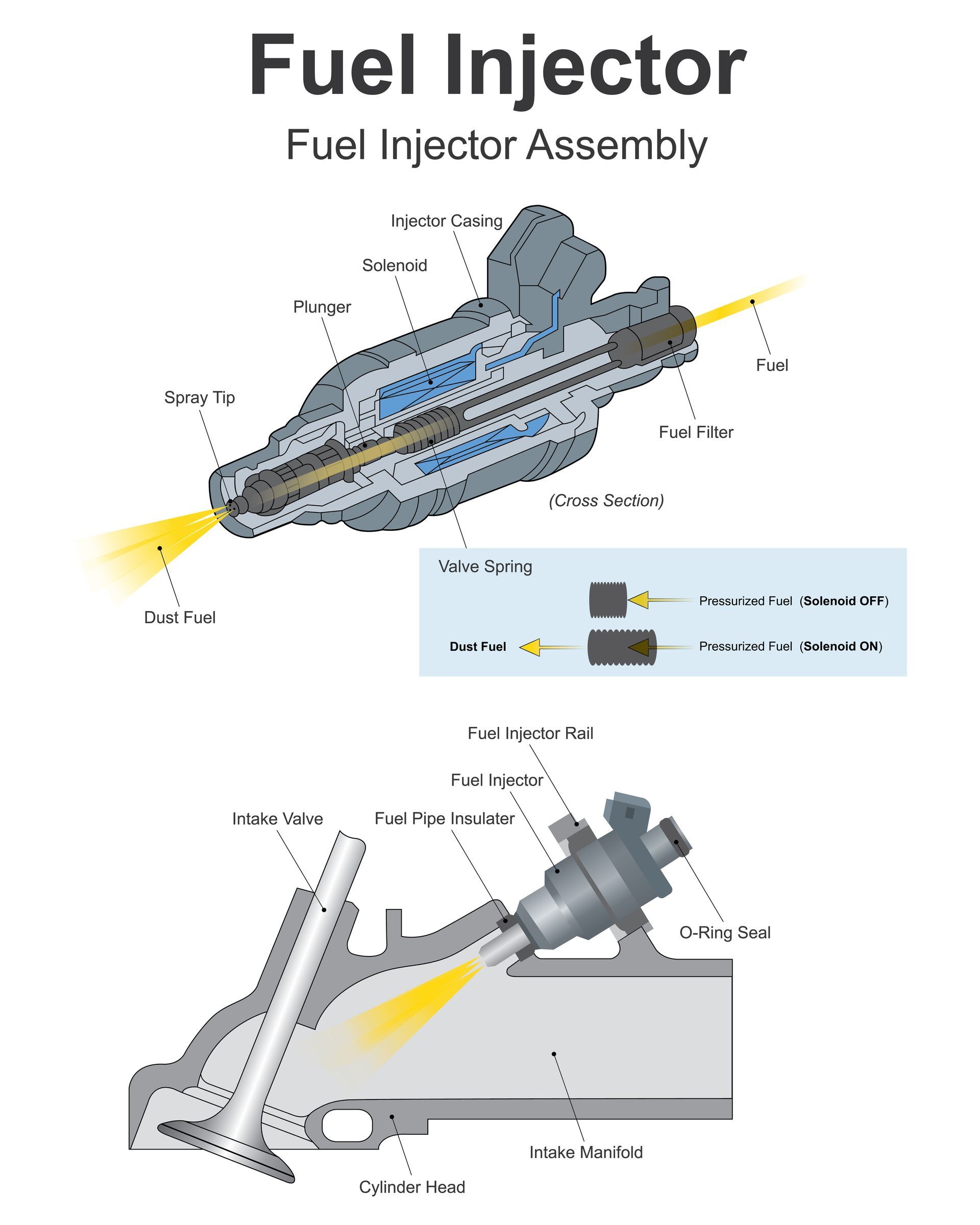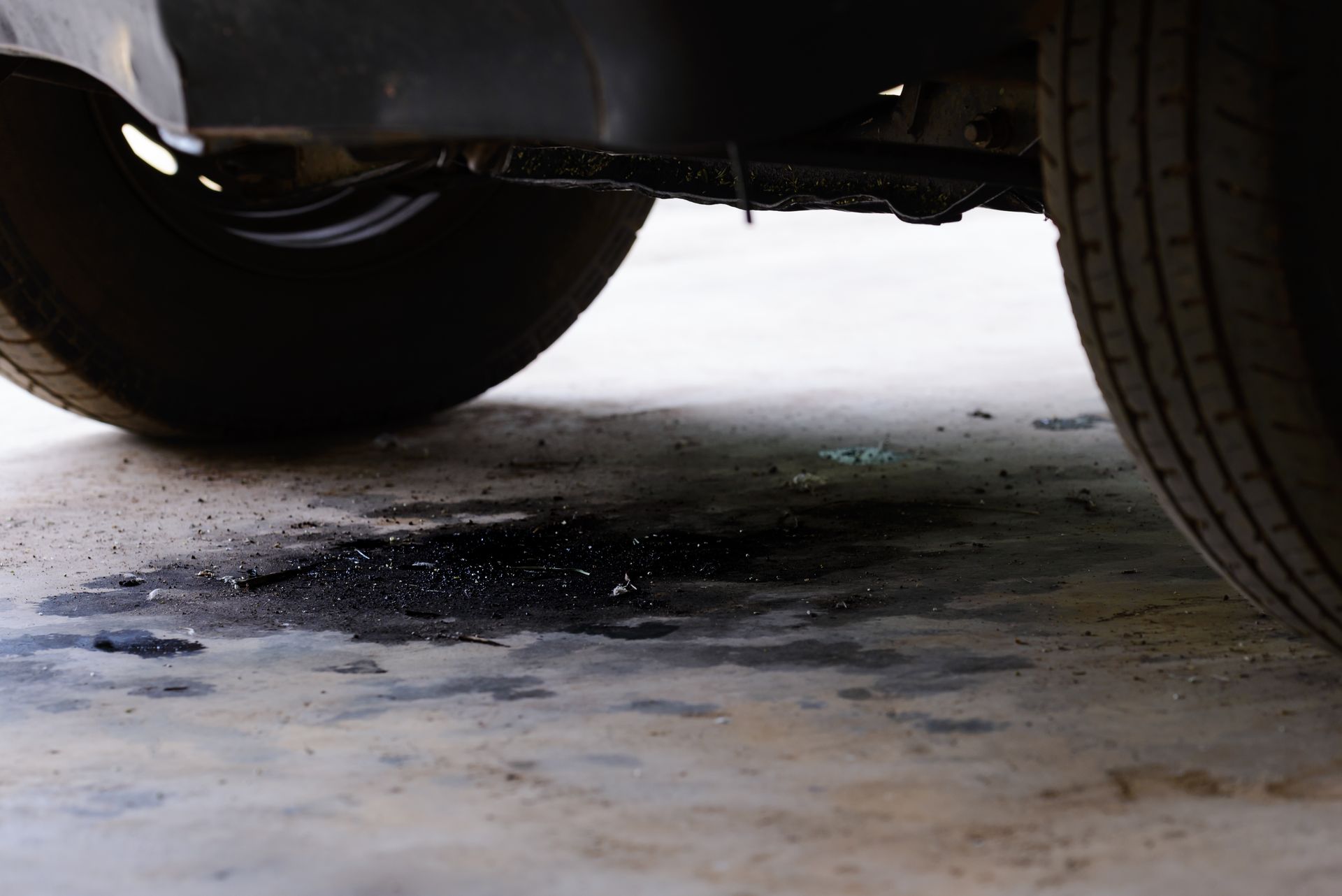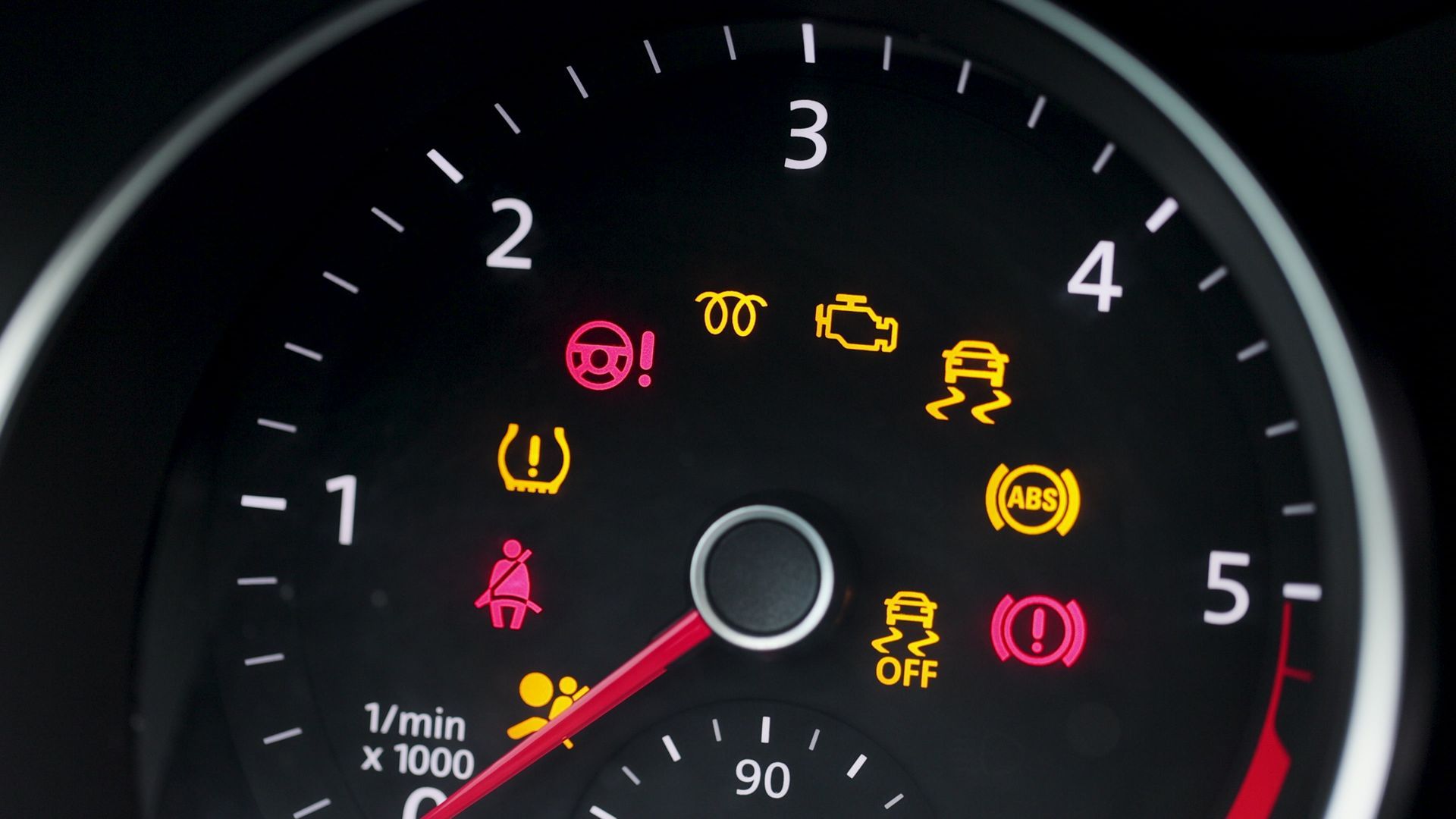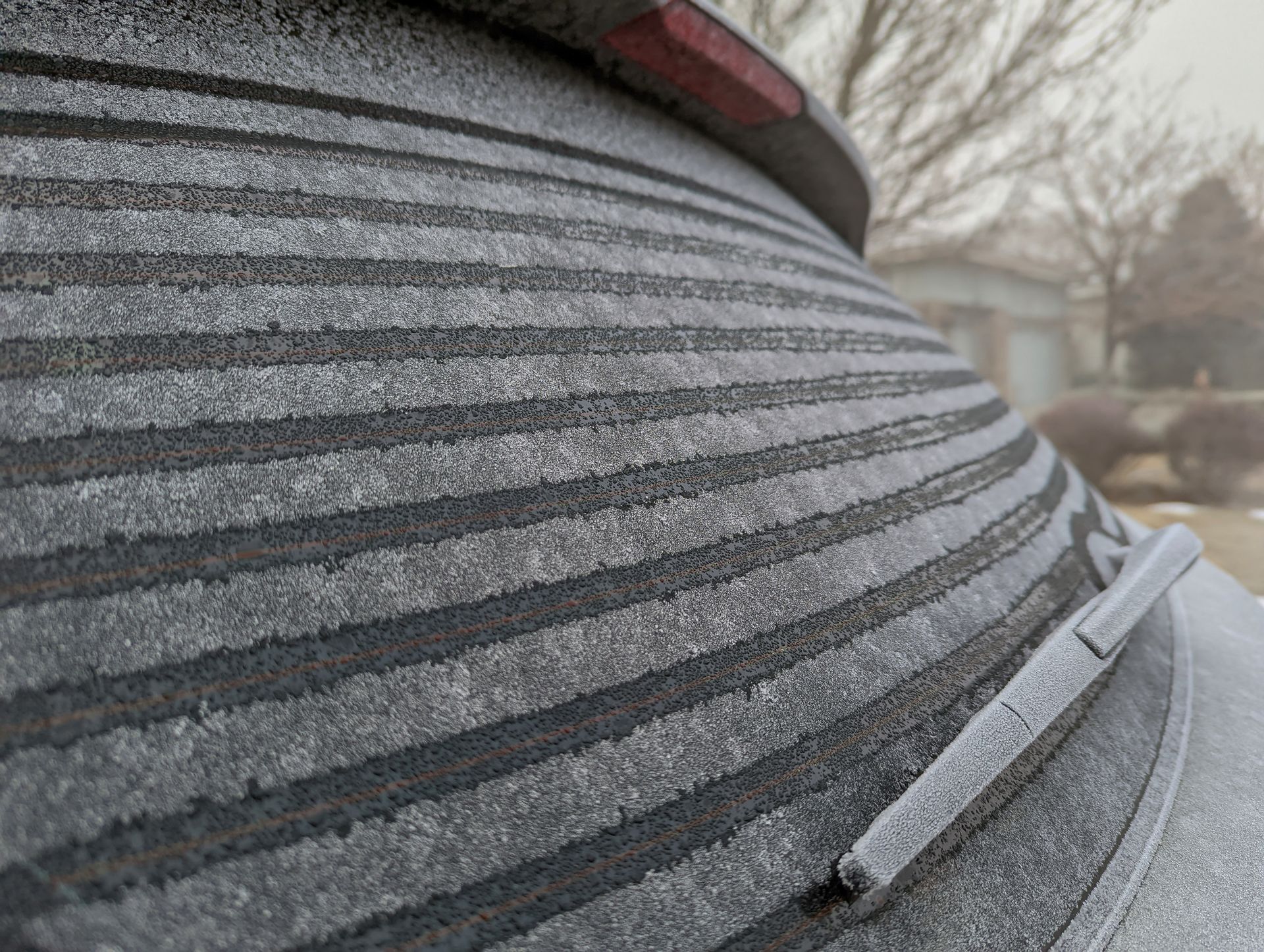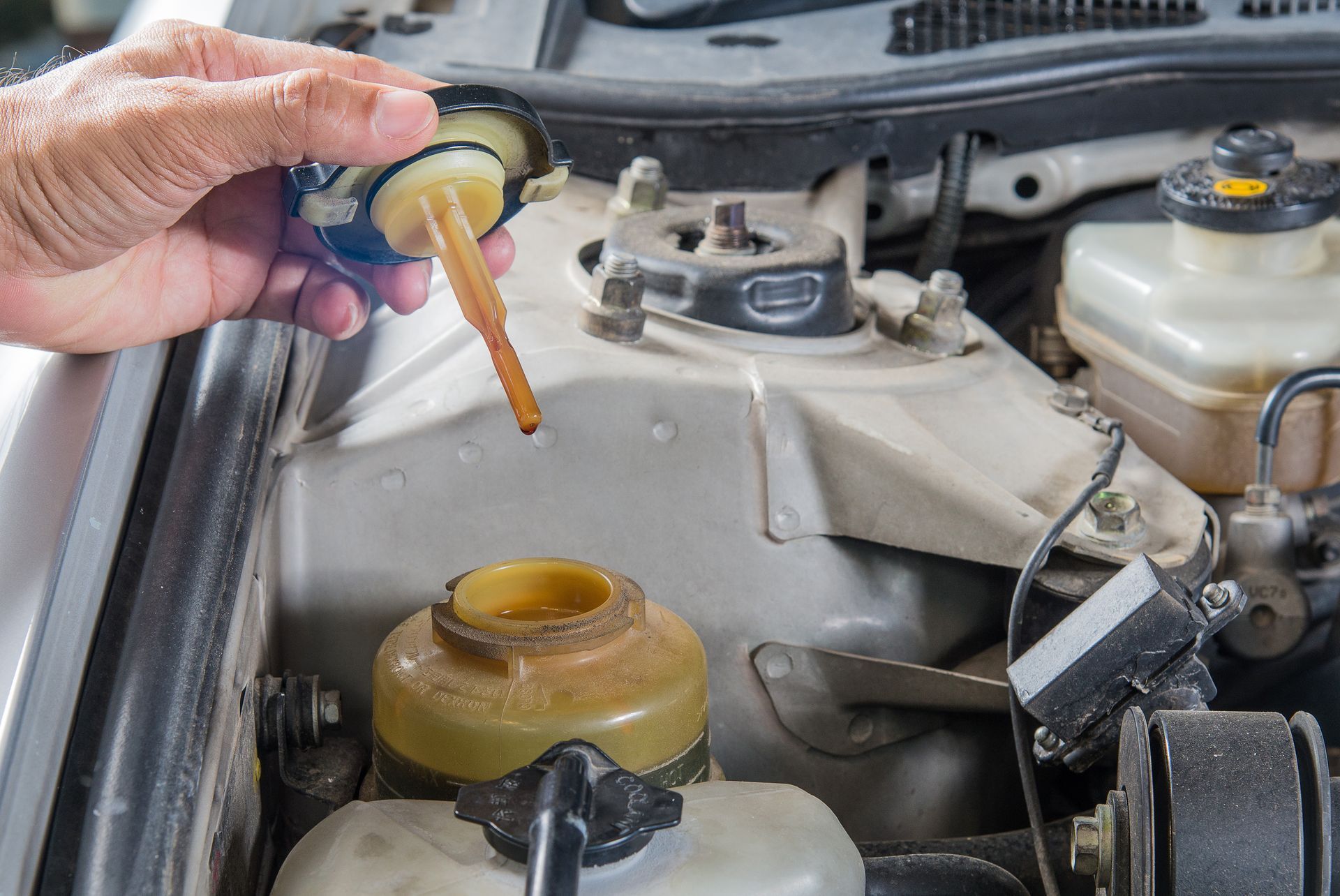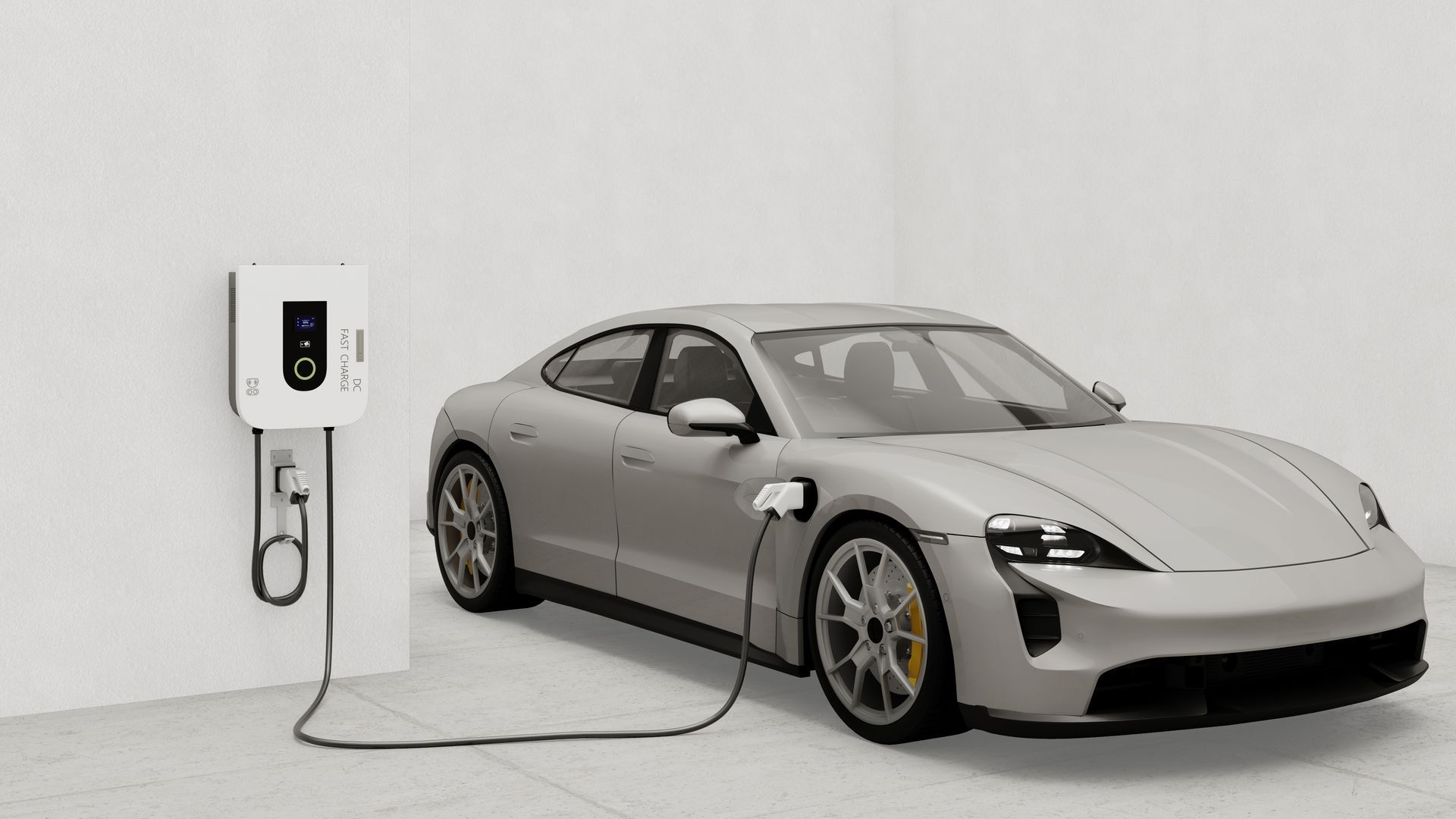Catching a strong whiff of gasoline around your car is never something to ignore. While the smell might seem harmless, it can signal problems ranging from minor leaks to issues that affect safety and performance. In some cases, it can also indicate wasted fuel, meaning you’re spending more at the pump than you should. Being aware of the common causes behind fuel odors can help you decide when it’s time to take action and protect your vehicle’s health.
Why You Might Smell Gasoline After Starting Your Car
Sometimes a faint gas smell right after starting your car is normal, especially in colder weather. When the engine first fires up, a small amount of unburned fuel can escape before the system stabilizes. If the odor goes away within a few minutes, it’s usually nothing to worry about.
However, if the smell is strong, persistent, or noticeable even after driving, it’s often a sign of a larger issue that needs attention.
Fuel Leaks in the Engine Bay
A gasoline odor coming from under the hood is one of the most common signs of a fuel leak. Over time, rubber hoses and seals in the fuel delivery system can dry out and crack, allowing small amounts of fuel to escape.
Leaking fuel is a waste, and it can also pose a serious fire risk if vapors come into contact with hot engine components. Our technicians carefully inspect fuel lines, injectors, and connections to identify leaks before they become dangerous.
Problems With the Fuel Injectors
Modern vehicles use fuel injectors to spray precise amounts of gasoline into the combustion chamber. If the injector seals wear out or the injector itself develops a crack, fuel can seep out and cause a noticeable smell.
You might also notice rough idling, reduced fuel efficiency, or even difficulty starting the engine if an injector is failing. Catching the problem early helps prevent unburned fuel from damaging other engine components.
Issues With the Gas Cap or Filler Neck
Something as simple as a loose, cracked, or missing gas cap can cause gasoline vapors to escape from the tank. In newer vehicles, this can also trigger the check engine light because the evaporative emissions system detects a leak.
Replacing a damaged cap or reseating it properly is a quick and inexpensive fix, but ignoring it can reduce fuel efficiency and lead to stronger odors around the car.
Evaporative Emissions System Malfunctions
Your vehicle’s evaporative emissions control system (EVAP) is designed to capture fuel vapors from the tank and route them back into the engine for combustion. When this system develops a fault, such as a damaged charcoal canister, a broken purge valve, or cracked hoses, gasoline fumes can escape and create a lingering odor.
Because EVAP issues are tied to emissions controls, they can also affect inspection results and cause the check engine light to illuminate.
Fuel Leaks Near the Rear of the Vehicle
If you notice a gasoline smell near the back of the car, the problem could be in or around the fuel tank. Corrosion, worn gaskets, or impact damage can all cause small leaks that worsen over time.
Since the tank stores a large volume of fuel, leaks in this area are especially important to address quickly for safety reasons.
When to Schedule an Inspection
If you smell gasoline regularly or the odor seems to be getting stronger, don’t wait to have your vehicle checked. Our technicians perform a full inspection of the fuel delivery system, EVAP components, and injectors to pinpoint the source of the problem.
Taking care of fuel-related issues early keeps your vehicle safe, improves efficiency, and helps protect the environment by reducing emissions.
Keep Your Car Safe and Efficient With JP’s Garage
At JP’s Garage in Dieppe, NB, we diagnose and repair fuel system issues to keep your vehicle running safely and efficiently. Whether it’s a leaking injector, a loose gas cap, or an EVAP problem, our technicians have the experience and tools to find the source and fix it right.
If you’ve noticed a persistent gasoline smell, schedule an inspection today and drive with confidence knowing your vehicle is in top shape.

